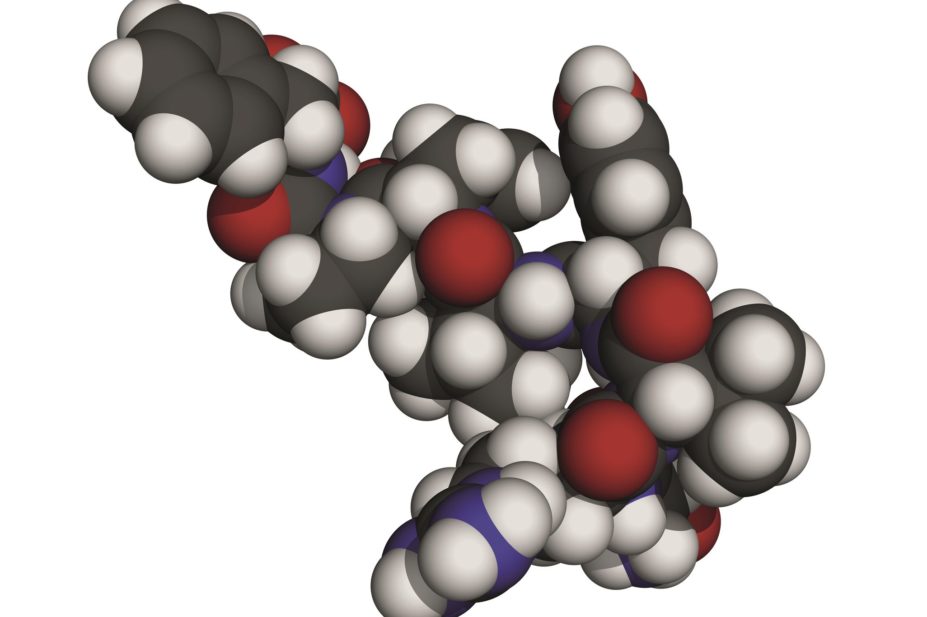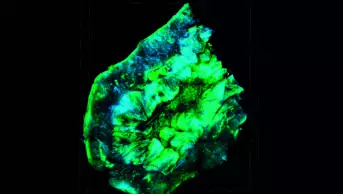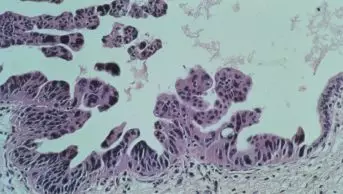
molekuul.be/Shutterstock
An experimental DNA vaccine has shown promise for the treatment of hypertension, with a three-dose regimen resulting in a sustained reduction in blood pressure in rats without any apparent side effects.
The vaccine, which targets angiotensin II (Ang II), will now be evaluated further, with particular focus on safety, in the hope that it may eventually provide a new therapeutic option for patients with the condition.
At present, hypertension is managed with patients taking oral pills on a daily basis.
DNA vaccines have been evaluated in several recent clinical trials and show the ability to increase antibody titres and mediate therapeutic effects in conditions such as Alzheimer’s disease, obesity, diabetes and cancer.
Now, a Japanese team reports its efforts to develop a DNA vaccine for the treatment of hypertension. It found that rats immunised with the vaccine had consistently lower systolic blood pressure throughout six months of monitoring, significantly reduced perivascular fibrosis in their cardiac tissue and significantly improved survival, compared with rats given a control plasmid.
The team – led by Ryuichi Morishita from Osaka University graduate school of medicine – chose Ang II as their antigen target by constructing plasmid vectors encoding hepatitis B core (HBc) protein and Ang II fusion protein.
When the HBc-Ang II vaccine was injected into spontaneously hypertensive rats using a needleless injection system, an antibody response against Ang II was successfully produced and sustained for at least six months, the researchers reported in Hypertension
[1]
on 26 May 2015.
The Ang II DNA vaccine induced an adequate humoral immune response while avoiding the activation of self-reactive T cells; this is important because it supports the potential safety of the vaccine, say the researchers.
“Theoretically, DNA vaccines raise fewer safety concerns because they can induce both long-lasting cellular and humoral immune responses, but do not revert to virulence,” the researchers write. “The fact that survival time was extended in the HBc-Ang II group may also be considered as a strong support for high safety of this vaccine.”
The researchers say that although no DNA vaccine has yet been approved for use in humans, this study presents the newest vaccine in development. “Further research on this DNA vaccine platform, including increase the longevity of blood pressure reduction, may eventually provide a new therapeutic option to treat hypertensive patients,” they say.
Katharine Jenner, chief executive officer of the patient’s association Blood Pressure UK, says: “The idea of a vaccine to prevent high blood pressure is very appealing, but is still a long way from being reality.” She adds that patients can lower their blood pressure by following a healthy diet and lifestyle, such as having a healthy weight, reducing salt intake, increasing fruit and vegetable intake, increasing exercise and limiting alcohol.
“If you already have high blood pressure, current medications are very effective at lowering your blood pressure and reducing your risk of having a stroke or a heart attack.”


